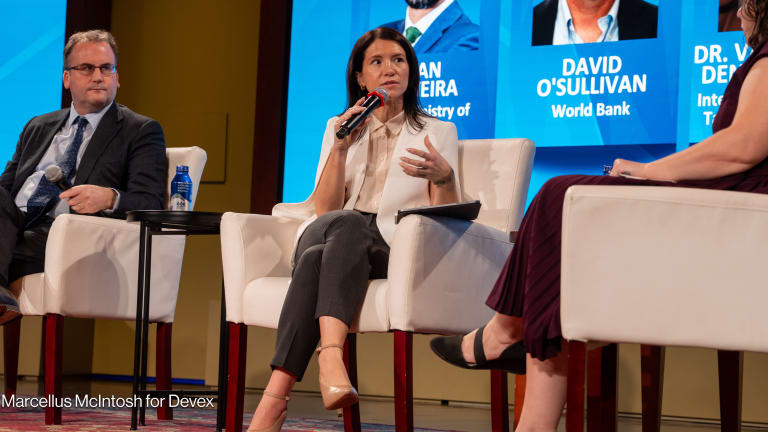While the development community rallies around a new post-2015 development agenda — set to launch in September — finance institutions, aid agencies, civil society groups and business leaders are trying to figure out how they’re going to pay for it.
One piece of the financing puzzle: stop tolerating a global financial system that allows private companies to evade and avoid tax obligations, stripping an estimated $250 billion to $300 billion from potential development funding.
That’s the message many development finance experts and pro-poor advocates hope will find its way to one of six high-level ministerial panels that will take place during the International Financing for Development Conference in Addis Ababa, Ethiopia, this July. Representatives will convene in the Ethiopian capital to hash out new commitments and partnerships aimed at closing the gap between the cost of the sustainable development goals and the money available to implement them.








